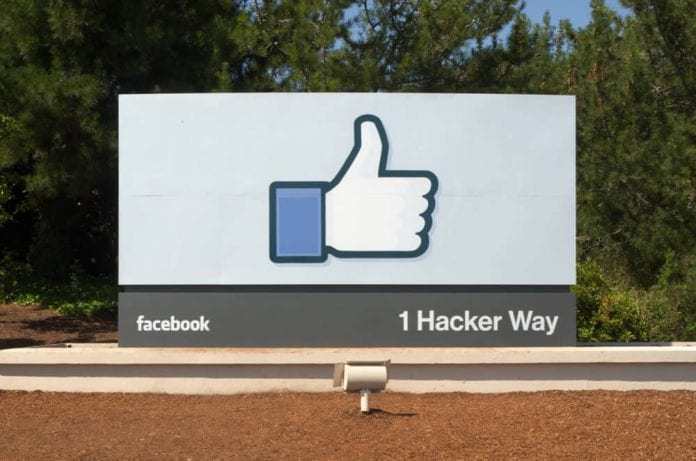Africa has a population of over 1 billion people. However, only 120 million use Facebook Inc (NASDAQ:FB). Africa’s is a great opportunity for Facebook although the region has challenges different from those the organization has encountered in more developed regions.
In order to drive growth in Africa, Facebook is opening an office next month in Johannesburg suburb. The sales office will be helmed by NuNu Ntshingila, chairman of WPP Plc’s Ogilvy & Mather agency in South Africa who will look after Facebook’s business in Africa.
Africa has a small number of fixed Internet connections, so Facebook’s main website is not well known. Although mobile Internet is doing well, data is costly, and smartphones are few with the majority of people utilizing cheaper devices having less capability termed feature phones that can’t support Facebook’s full mobile application.
As per Nicola Mendelsohn, Facebook’s vice president for EMEA (Europe, Middle East, Africa), Africa is going to be the place where its next billion customers will come from. Currently, over 52% of Facebook’s ad revenue originates from overseas. Around 80% of that global revenue comes from Asia-Pacific and Europe. This means that only a mere 20% comes from other regions including South America and Africa.
One of the reasons for the lower percentage from those regions is Facebook earns much less revenue per user in these regions of the world.
The organization earns $8.32 per customer, $2.99 per customer, $1.18 per customer in the US, Europe, and Asia-Pacific respectively. However, it makes only $0.80 per customer in the remaining regions of the world.
In the new African office, Facebook representatives will be collaborating with enterprises to find ways to boost the worth of their ads. Over 80% of African Facebook users access Facebook via cell phones. Hence, ads need to be optimized for effectiveness even on small screens with poor resolution and connectivity. The new African office will concentrate on sales and encourage local enterprises to advertise on the social network.
Sources: bloomberg, businessinsider, time









